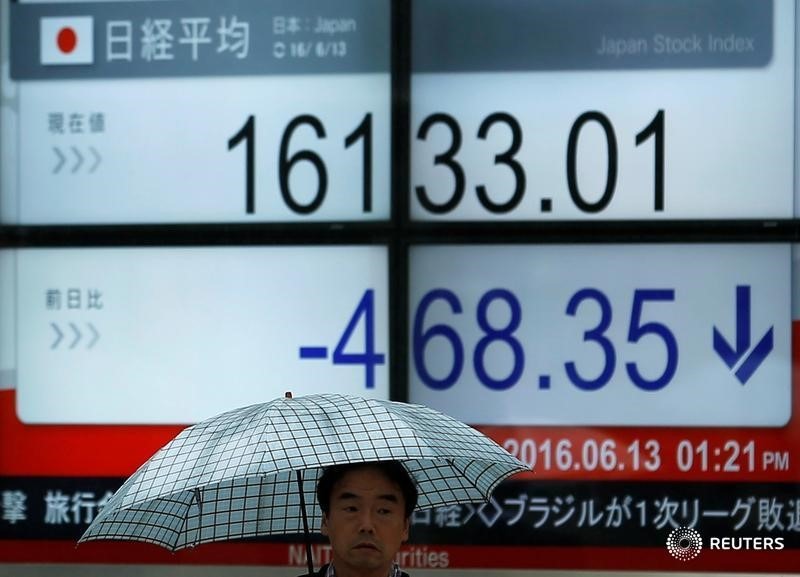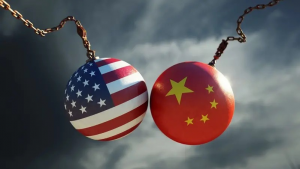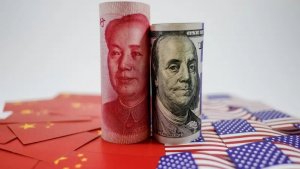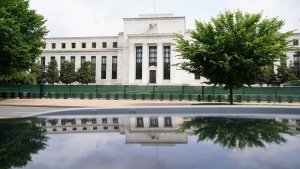Most Asian stocks moved in a flat-to-low range on Monday as investors turned risk-averse before a slew of key economic readings this week, while some hawkish comments from the Federal Reserve also weighed.
Japanese markets were the worst performers in the region, falling sharply in catch-up trade as local markets reopened after the new year holidays.
Asian stocks marked a weak start to 2025 amid growing concerns that U.S. interest rates will fall at a slower pace in the year. The Federal Reserve had warned in December that sticky inflation and strength in the labor market will keep rates higher for longer, with recent comments from Fed officials furthering this notion.
U.S. stock index futures fell in Asian trade, with focus turning squarely to key nonfarm payrolls data due on Friday for more cues on interest rates.
Japanese shares sink in catch-up trade, Nippon Steel dips
Japan’s Nikkei 225 index shed 1.3%, while the broader TOPIX index lost 0.9%.
Both indexes fell in catch-up trade with their Asian peers, after an extended new year holiday.
Japanese automobile stocks were the worst performing sector, pressured by the prospect of increased competition and worsening demand in top market China.
Local markets took little support from data showing Japan’s services sector grew in December, albeit at a slower-than-expected pace.
Among individual movers, shares of Nippon Steel Corp (TYO:5401) fell over 2% after the company’s $15 billion takeover of U.S. Steel (NYSE:X) was struck down by President Joe Biden on concerns over national security.
China stocks steady, inflation in focus
China’s Shanghai Shenzhen CSI 300 and Shanghai Composite indexes moved little on Monday, as did Hong Kong’s Hang Seng index.
Focus this week is squarely on key inflation data for December, which is likely to factor into expectations for more stimulus in the country.
Beijing is expected to ramp up fiscal spending in 2025 to support the Chinese economy, which is grappling with years of persistent deflation and a property market downturn.
Trump has also vowed to impose steep trade tariffs against China, which could spur an even stronger stimulus response from Beijing.
Broader Asian markets mostly kept to a tight range. Australia’s ASX 200 rose 0.1%, while Singapore’s Straits Times Index rose 0.3%.
South Korea’s KOSPI was an exception, surging 1.6% as investors piled into heavily discounted markets after heightened political turmoil in the country sparked steep losses in December.
Protestors took to the streets in South Korean capital Seoul calling for the arrest and ouster of President Yoon Suk Yeol, after he unsuccessfully attempted to impose military law in the country.
In Taiwan, shares of electronics giant Hon Hai Precision Industry Co Ltd (TW:2317), also known as Foxconn, rose about 2% after the firm clocked record-high revenues in the fourth quarter of 2024, on sustained demand from artificial intelligence.
Futures for India’s Nifty 50 index pointed to a mildly positive open, although the index was also nursing steep losses from the past week after clocking a weak start to the new year.












